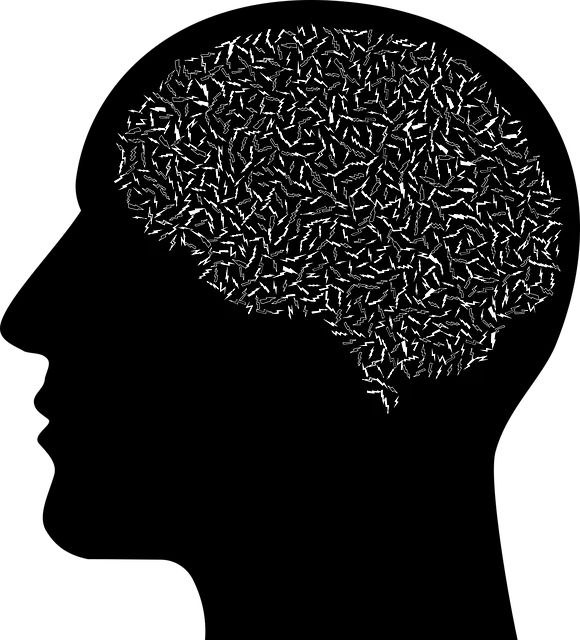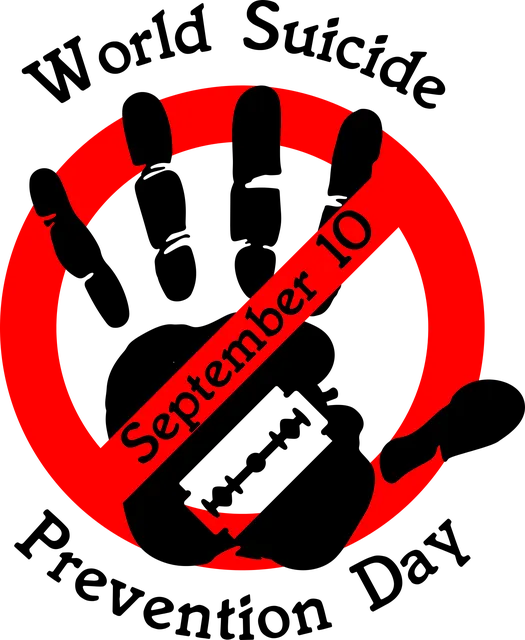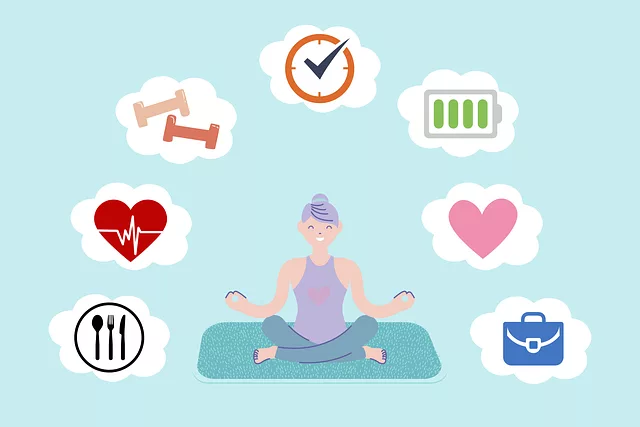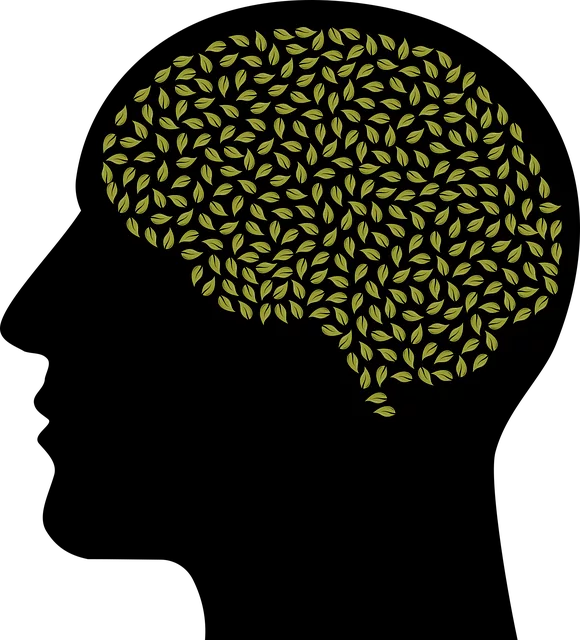Mental health crisis hotlines offer 24/7 support for acute emotional distress, including suicidal ideation and trauma coping. Aurora Kaiser's renowned classes teach self-awareness through journaling and interactive sessions, promoting emotional well-being and community. These programs, along with podcasts and education, normalize mental health conversations. Hotline workers receive training and support to combat burnout. Continuous services like Kaiser's empower recovery, provide evidence-based practices, and advocate for accessible care.
In today’s fast-paced world, mental health crisis hotline support services are a vital resource for those grappling with emotional turmoil. Understanding these hotlines and their role in crisis intervention is crucial. This article explores various facets of emergency psychological assistance, highlighting the significance of Aurora Kaiser mental health classes in providing continuous support. We’ll delve into common challenges faced by hotline workers and effective strategies to enhance their effectiveness, ultimately promoting recovery and resilience among those in need.
- Understanding Mental Health Crisis Hotlines: A Vital Resource
- The Role of Aurora Kaiser Mental Health Classes in Crisis Support
- Accessing Emergency Psychological Assistance
- Common Challenges and Effective Strategies for Crisis Hotline Workers
- Promoting Recovery and Resiliency Through Continuous Support Services
Understanding Mental Health Crisis Hotlines: A Vital Resource

Mental health crisis hotlines are a vital resource for individuals facing acute emotional distress or mental health crises. These 24/7 services provide immediate support, guidance, and connections to appropriate care. They are designed to offer confidential, non-judgmental assistance, catering to a wide range of concerns, from suicidal ideation and severe anxiety to coping with traumatic events.
Aurora Kaiser, known for her mental health classes and expertise, emphasizes the importance of these hotlines in fostering self-awareness exercises and mental wellness journaling as part of risk management planning for mental health professionals. By utilizing hotline services, individuals can access valuable resources, gain perspective, and take proactive steps towards improving their mental health and overall well-being.
The Role of Aurora Kaiser Mental Health Classes in Crisis Support

The Aurora Kaiser Mental Health Classes play a pivotal role in crisis support by equipping individuals with essential coping skills and self-awareness exercises tailored to promote emotional well-being. These classes, designed by mental health experts, go beyond traditional therapy by offering interactive and engaging sessions that foster a sense of community and understanding. Participants learn effective strategies to manage stress, anxiety, and other mental health challenges, empowering them to navigate crises with resilience.
Through the implementation of various Emotional Well-being Promotion Techniques, the classes create a safe space where individuals can openly discuss their struggles, gain insights into their emotional responses, and develop personalized coping mechanisms. This proactive approach not only helps in immediate crisis situations but also equips individuals with long-term tools to maintain mental equilibrium and overall well-being.
Accessing Emergency Psychological Assistance

In moments of severe mental distress or crisis, immediate support is paramount. One readily available resource for those in need is emergency psychological assistance hotlines, offering a safe space to connect with trained professionals who can provide guidance and help de-escalate situations. These services are designed to offer swift intervention, ensuring individuals receive the care they need without delay.
The Aurora Kaiser mental health classes emphasize the importance of early intervention and self-care routine development for better mental health. By educating individuals on recognizing signs of a crisis and providing tools for managing stress, these programs empower people to seek help proactively. Additionally, the Mental Wellness Podcast Series Production plays a vital role in spreading awareness by offering accessible, engaging content that normalizes conversations around mental health. Similarly, well-designed Mental Health Education Programs can prepare communities to effectively support those facing crises, fostering an environment of understanding and care.
Common Challenges and Effective Strategies for Crisis Hotline Workers

Crisis hotline workers often face a myriad of challenges while providing support to individuals in mental health crises. One significant hurdle is managing high call volumes and long wait times, which can lead to worker burnout. Additionally, the sensitive nature of conversations requires empathy, active listening, and effective communication skills to build trust with callers, especially considering the mental illness stigma reduction efforts already at play.
To overcome these challenges, crisis hotline services employ various strategies. Training programs like those offered by Aurora Kaiser mental health classes equip workers with advanced communication techniques and emotional resilience. Fostering a supportive work environment with regular debriefings and peer supervision helps manage stress levels. Encouraging positive thinking and promoting self-care practices among staff contribute to improved job satisfaction and overall mental wellness. These strategies collectively enhance the hotline’s ability to provide quality care, ensuring callers receive the help they need during their time of crisis.
Promoting Recovery and Resiliency Through Continuous Support Services

Continuous support services play a pivotal role in promoting recovery and resilience among individuals facing mental health crises. These services extend beyond initial interventions, offering ongoing guidance and resources to empower those struggling with their mental well-being. Through regular check-ins, counseling sessions, and access to peer support networks, individuals can develop coping strategies and build a strong foundation for long-term stability.
Aurora Kaiser’s mental health classes exemplify this comprehensive approach by integrating evidence-based practices, such as cognitive-behavioral therapy techniques and self-awareness exercises, into their curriculum. By fostering open communication through effective counseling strategies, these programs encourage individuals to share their experiences, gain insights, and learn from one another. This supportive environment not only facilitates healing but also strengthens the mental health policy analysis and advocacy efforts, ensuring that individuals have access to consistent care and resources tailored to their unique needs.
Mental health crisis hotlines play a crucial role in providing immediate support and guidance during challenging times. The article has explored various aspects of these vital resources, including the importance of access to emergency psychological assistance and the critical work of hotline workers. Additionally, it highlighted the positive impact of Aurora Kaiser mental health classes in fostering recovery and resilience. By addressing common challenges and implementing effective strategies, crisis hotline services can continue to be a game-changer in promoting well-being, ensuring folks receive the necessary help promptly and effectively.






